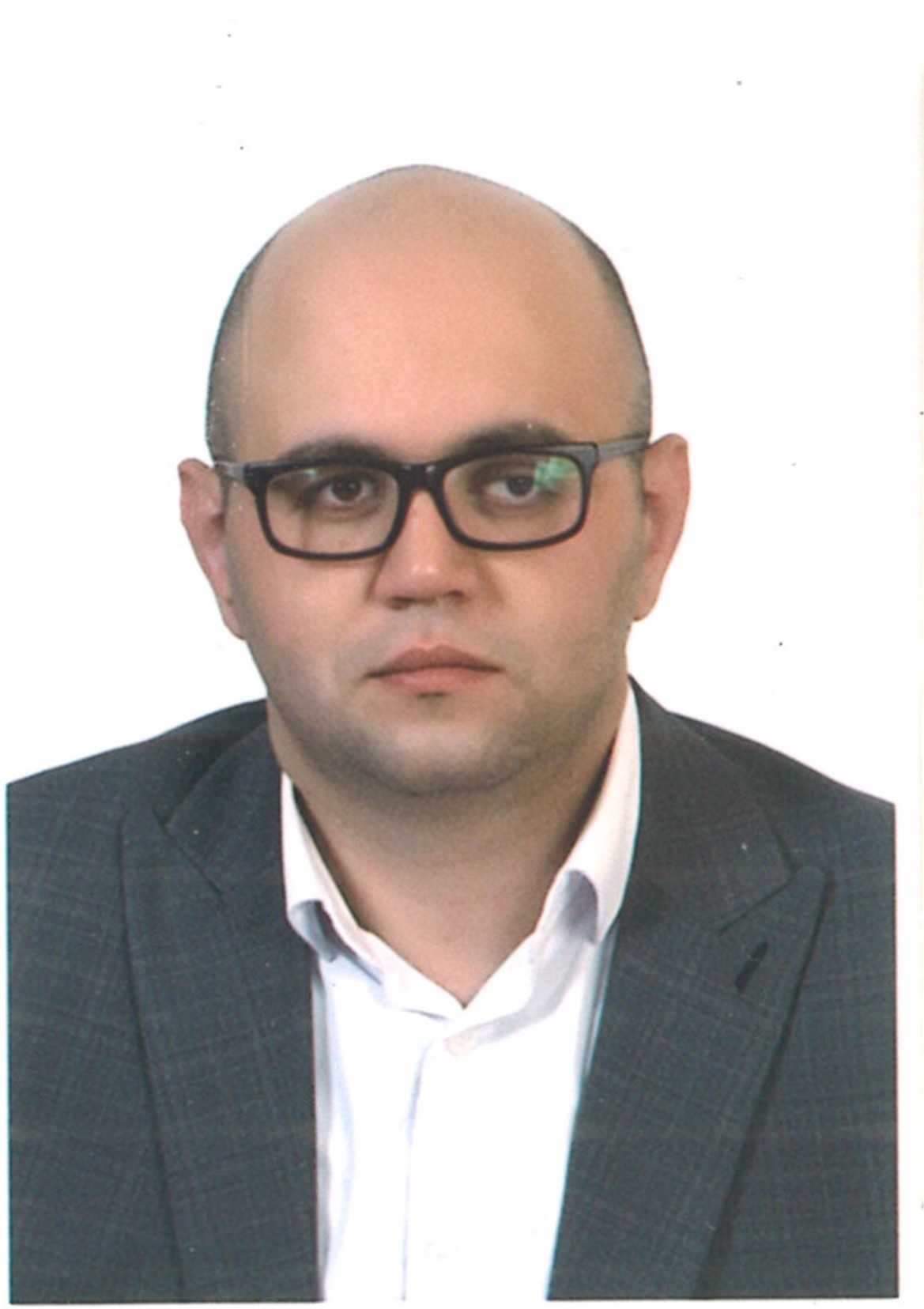Pilgrim Should Consume Non-greasy Foods and Plenty of Water for Hydration

Hajj is one of one of the five pillars of Islam and holds immense spiritual significance for Muslims. This journey requires both physical and mental preparation, including consuming the appropriate food to sustain health and vigor. Therefore, the Primary Health Care Corporation (PHCC) offers several tips that pilgrims should adhere to while performing the rituals in the sacred land to maintain their health and prevent illnesses.
Dr. Mohammed Zahi Abdulla, general internal medicine specialist at Al Ruwais Health Center, offers dietary tips for pilgrims to follow, emphasizing the importance of including all essential nutrients in their meals such as proteins, carbohydrates, healthy fats, vitamins and minerals. This can be achieved by incorporating a diverse range of foods such as:
- Proteins: meats, fish, eggs and legumes.
- Carbohydrates: rice, bread, potatoes and pasta.
- Healthy fats: olives, nuts and avocado.
- Fruits and vegetables: daily consumption of fresh vegetables and fruits is essential to ensure adequate intake of necessary vitamins and minerals.
It is also essential to maintain proper hydration, especially in the hot weather of Mecca. Pilgrims must drink sufficient water all day long. Other fluids such as fresh juices and green tea can be consumed while avoiding soft and sweetened drinks.
“Healthy Snacks”
Consuming healthy snacks between main meals is important to avoid extreme hunger and to keep energy levels stable. Healthy snack options can include dried fruits like dates and raisins, unsalted nuts, sliced vegetables such as carrots and cucumbers, as well as natural yogurt.
Pilgrims are advised to refrain from consuming heavy and greasy foods that could potentially cause indigestion and reduce energy and vigor. Hence, it's recommended to avoid fried and fatty foods.
"Food Hygiene"
Pilgrims should ensure the cleanliness of their food and water to avoid infectious diseases. It's preferable to obtain food from trustworthy sources and ensure proper washing of fruits and vegetables. Exploring the local cuisine in Mecca and surrounding areas might be useful as it is often healthy, well-balanced, and suitable for the local environment.
It is important to avoid overeating as it can result in feeling heavy and lethargic. Instead, meals should be consumed in moderate portions and divided into small, frequent servings. By following these dietary tips, pilgrims can safeguard their health and vigor during the Hajj pilgrimage, guaranteeing a positive spiritual and physical experience.
"Dietary Regimen"
Pilgrims with chronic-nutrition related diseases like diabetes, hypertension, or high cholesterol, must strictly follow the dietary plan developed by their dietician and take their prescribed medications on time as directed by their treating physician. Furthermore, pilgrims should ensure food safety to prevent diseases. It's highly recommended to maintain health and minimize the risk of infection by avoiding unnecessary physical contact with others, such as cheek kissing, hugging, or handshaking. Adequate rest and sleep are also of utmost importance. To prevent illnesses, food should not be obtained from unfamiliar places or purchased from street vendors. Thoroughly washing hands before meals is essential, and it is crucial to not neglect or underestimate this advice, as neglecting proper hand hygiene is a common cause of food poisoning, which can hinder pilgrims from successfully completing their pilgrimage rituals.